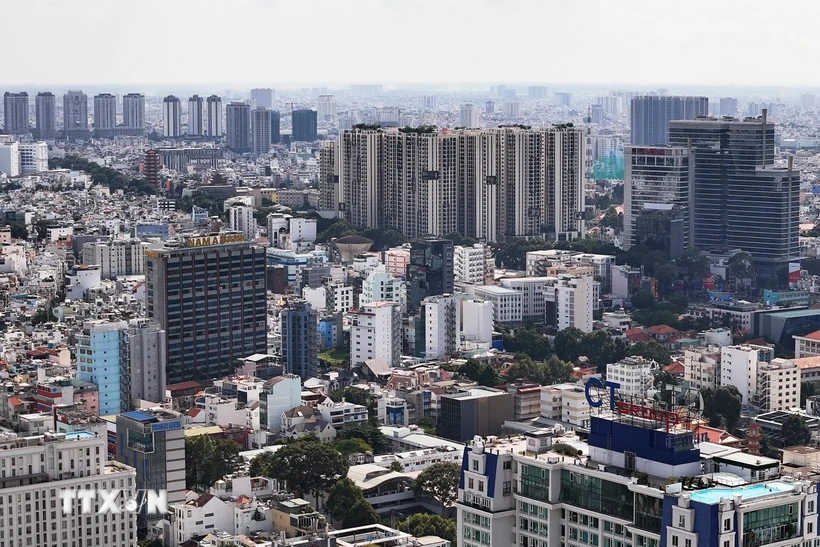
Experts from Savills Vietnam commented that Resolution 68-NQ/TW of the Politburo on private economic development is assessed to create many new development drivers for the private economy.
The new policy not only repositions Vietnam's investment competitiveness but is also a strategic shift to bring Vietnam to a higher position in the global value chain.
Especially ensuring benefits and reducing risks for businesses in business, positively affecting investment attraction in the real estate sector.
Mr. Neil MacGregor - General Director of Savills Vietnam analyzed that in the context of many fluctuations in the world economy , Resolution 68 is assessed by the business community as a practical and timely policy framework, helping to promote the private economic sector - the main growth driver of the Vietnamese economy.
Especially for the fields related to industrial real estate and logistics, this resolution brings a positive signal, opening up new expectations for investors as well as businesses operating in Vietnam.
The majority of customers in the industry today come from the private sector, from industrial park investors to manufacturers and service providers. Therefore, proactively supporting, reducing barriers and creating more favorable conditions in terms of procedures, land and infrastructure is considered an important step to increase national competitiveness in attracting production capital flows.
Amid fierce competition in the region for strategic investments, improving land access, shortening the time for investment procedures, and developing a synchronous infrastructure system from transportation, electricity to seaports and border gates are considered prerequisites.
These are also factors that help Vietnam stand out in the eyes of global investors, who are looking for a stable destination with a long-term vision and clear policy support from the government.
Investors note that Vietnam is sending a consistent message that the Government is ready to work with the private sector and international investors, not only in the present but also in the long term. This creates a distinct competitive advantage compared to many countries in the region.
Notably, with the foundation of the 2024 Land Law and many large-scale infrastructure investment programs and especially Resolution 68, it is expected to help Vietnam shape a new, transparent, stable investment environment with a sustainable development orientation.
This is not only a signal for capital flows, but also a guarantee for strategic investment decisions in the future - Mr. Neil MacGregor commented.
From another perspective, Mr. Thomas Rooney - Deputy Director of Industrial Services Department (Savills Hanoi) said that this is a strategic move to bring Vietnam to a higher level in the global value chain. Because the issuance of Resolution 68 marks a strategic step that clearly demonstrates Vietnam's determination to reposition its role in the global supply chain.
Instead of just being a manufacturing destination based on low-cost advantages, Vietnam is moving towards an industrial development model based on quality, high technology and sustainability, which has been a big challenge for many localities in recent times.
According to Mr. Thomas Rooney, this Resolution not only creates a strong impetus for investment capital flows into high-tech and green development fields, but also promotes demand for modern industrial parks - which possess smart infrastructure, meet environmental standards and have competitive advantages in logistics.
Multi-functional industrial park models are becoming ideal models, ready to welcome the wave of global supply chain shifts.
A notable highlight in the Resolution is the goal of thoroughly resolving two major barriers: land and delays in site clearance. These are factors that have lasted for many years, causing difficulties for investors in implementing projects on schedule, especially for multinational corporations with strict risk assessment processes.
“In the context of increasingly fierce competition with countries in the region in attracting foreign direct investment, Vietnam is forced to act more decisively. Simplifying procedures, making processes transparent and building trust with investors will be the key to improving national competitiveness,” Mr. Thomas Rooney analyzed.
In addition, this expert cited that, besides policies, Vietnam also possesses important advantages such as the largest network of free trade agreements in the ASEAN region and a labor force with competitive costs. However, to make the most of opportunities from high-tech investment flows, three more strategic directions are needed.
Therefore, Mr. Thomas Rooney proposed that it is necessary to shift the focus from attracting investment by quantity to attracting investment in innovative fields such as high technology, green industry, industries that have the potential to create breakthroughs in value and help Vietnam shape a new role in the global supply chain.
At the same time, it is necessary to invest in infrastructure in “satellite” provinces and cities to expand the capacity to receive new capital flows. “Satellites” such as Ha Nam, Nam Dinh, Thai Binh. These are places that are emerging as potential destinations for high-tech capital flows, needing to be planned and supported with appropriate infrastructure.
At the same time, it is necessary to develop a future-ready workforce through education reform and strong investment in vocational training. This will be a factor to ensure that foreign investment capital is not only maintained sustainably but also allocated in a balanced manner and truly contributes to the long-term growth of the economy - Mr. Thomas Rooney recommended.
Many experts agree that, if effectively implemented, Resolution 68 is not only a consistent policy message, but can also become a strategic foundation to help Vietnam make a breakthrough in attracting international investment, not only in high-value sectors but also in traditional industries, with a commitment to long-term investment and sustainable development./.
According to VNA
Source: https://baobinhduong.vn/nghi-quyet-68-nq-tw-tang-luc-hut-dau-tu-cho-bat-dong-san-a349236.html


![[Photo] The 1st Congress of Phu Tho Provincial Party Committee, term 2025-2030](https://vphoto.vietnam.vn/thumb/1200x675/vietnam/resource/IMAGE/2025/9/30/1507da06216649bba8a1ce6251816820)
![[Photo] Panorama of the cable-stayed bridge, the final bottleneck of the Ben Luc-Long Thanh expressway](https://vphoto.vietnam.vn/thumb/1200x675/vietnam/resource/IMAGE/2025/9/30/391fdf21025541d6b2f092e49a17243f)

![[Photo] Solemn opening of the 12th Military Party Congress for the 2025-2030 term](https://vphoto.vietnam.vn/thumb/1200x675/vietnam/resource/IMAGE/2025/9/30/2cd383b3130d41a1a4b5ace0d5eb989d)
![[Photo] General Secretary To Lam, Secretary of the Central Military Commission attends the 12th Party Congress of the Army](https://vphoto.vietnam.vn/thumb/1200x675/vietnam/resource/IMAGE/2025/9/30/9b63aaa37ddb472ead84e3870a8ae825)
![[Photo] President Luong Cuong receives President of the Cuban National Assembly Esteban Lazo Hernandez](https://vphoto.vietnam.vn/thumb/1200x675/vietnam/resource/IMAGE/2025/9/30/4d38932911c24f6ea1936252bd5427fa)
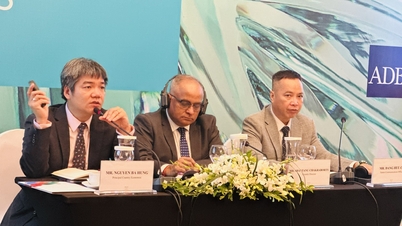

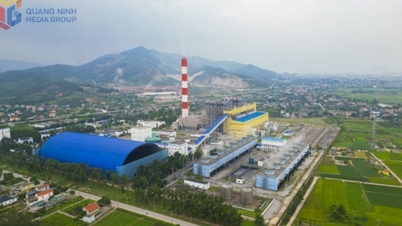



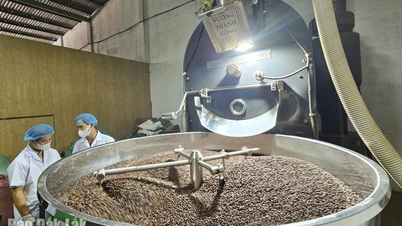



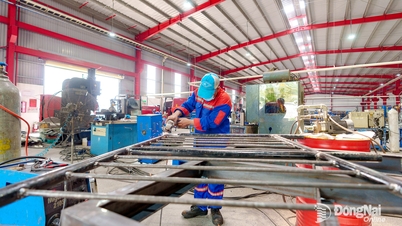





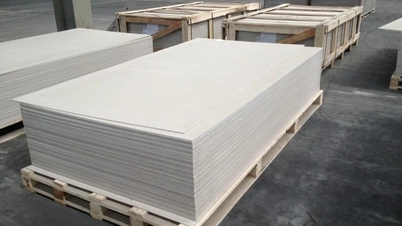









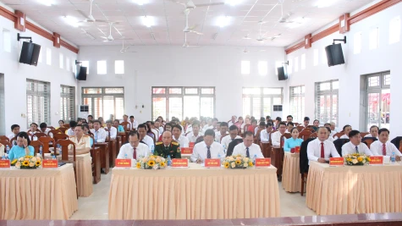

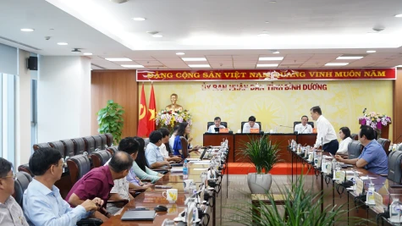
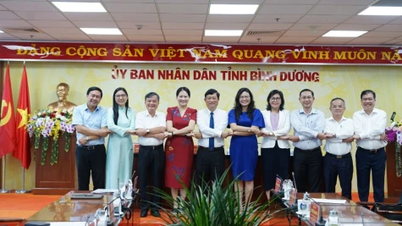
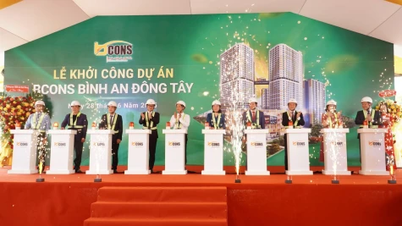
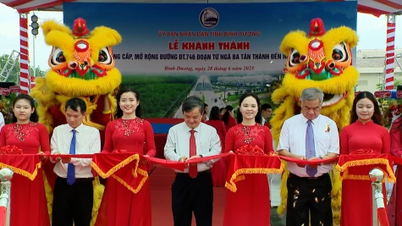




































































Comment (0)